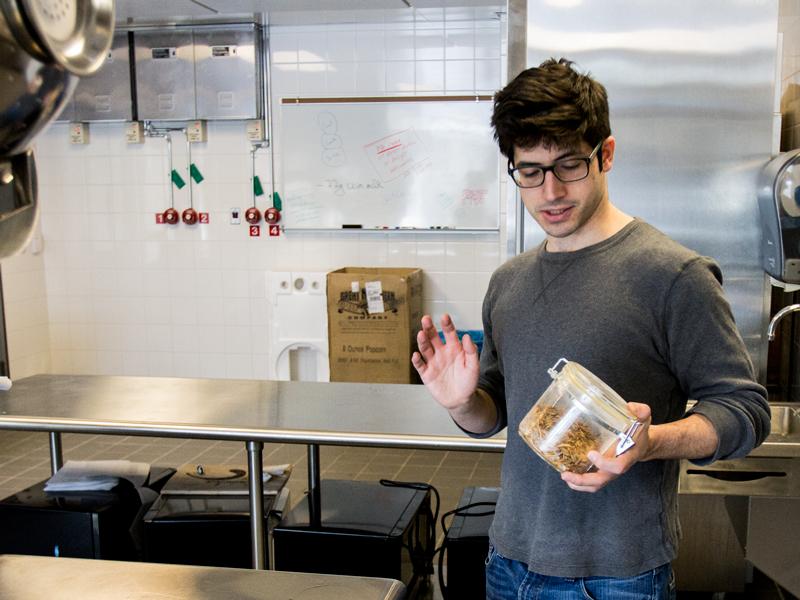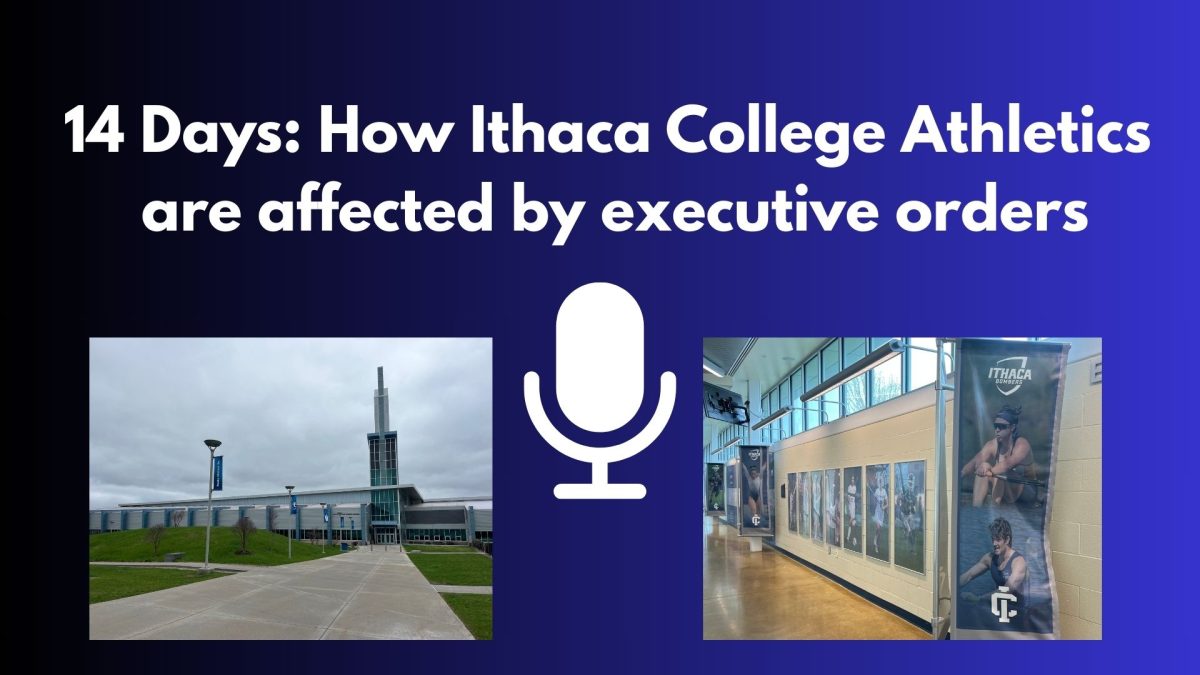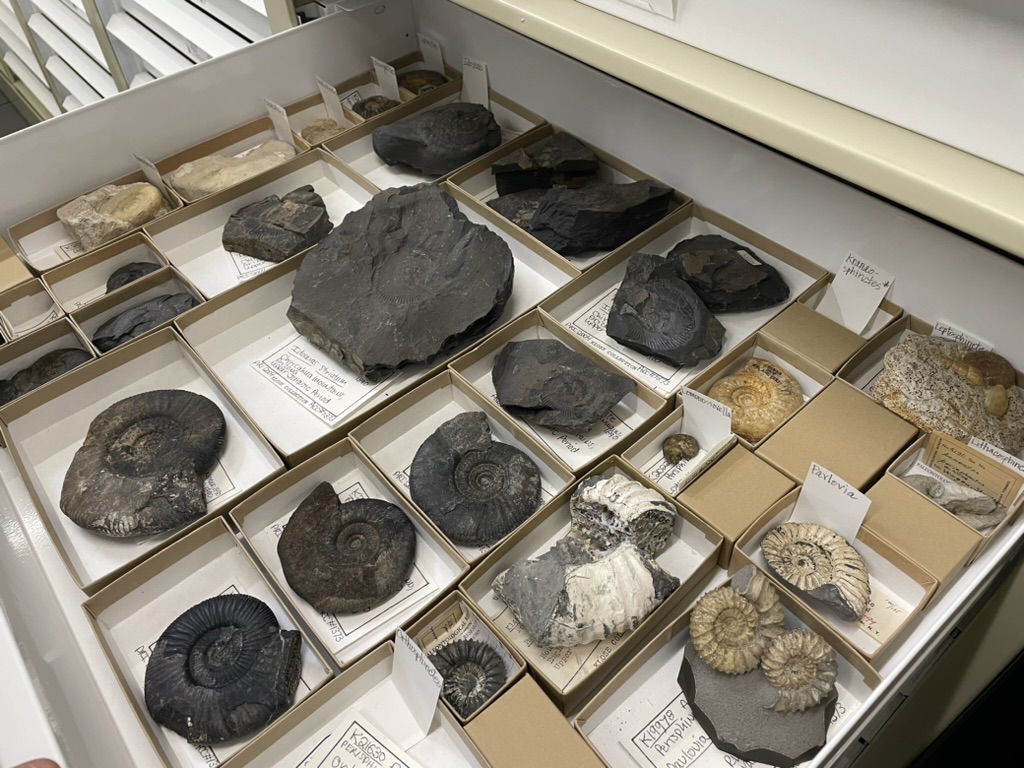The challenge, a global campaign that seeks to find a solution to feed the growing global population, began in 2011. Thought for Food estimates that there will be 9 billion people by 2050, meaning there will be a need for new and innovative ways to feed the world.
Named “C-fu,” the product the Cornell students developed is made entirely from crushed mealworms. It has a texture similar to tofu and can be cooked in a variety of ways to substitute meat. Lee Cadesky, the creator of C-fu and a graduate student studying food science, said C-fu requires 450 times less water to make than beef and it contains approximately the same amount of protein as an egg.
“For fish, you’re taking 2 pounds of anchovies to make 1 pound of salmon. [Mealworms] are very high in protein and you can raise them on next to nothing,” Cadesky said. “There’s enormous potential for insect-based foods.”
Cadesky formed a team with fellow Cornell students Rachel Saputo, graduate student in environmental economics, and biology major Dan Caticha, along with his brother, Eli Cadesky, an MBA candidate at York University in Toronto.
The team was in Lisbon, Portugal for the Thought for Food annual conference on Feb. 14. There, they pitched C-fu to a panel of judges for a chance to win $10,000 to expand their project.
Cadesky’s team didn’t get the prize but he and his teammates said the experience was beneficial for their plans to eventually make C-fu into a business.
“We wouldn’t have done a single thing differently because we got a lot of momentum from the competition,” Cadesky said. “Thought for Food supports us beyond the competition because our goals align; we want to make sure there’s enough food for 9 billion people.”
“From the beginning we’ve been trying to make this viable as a business so we’re going to do a full production run and go with it,” Caticha said.
Cadesky and his team aren’t the only ones looking into insects for a potential food source. In 2013, the Food and Agricultural Organization of the United Nations published a report on why people should eat more insects. The report highlighted that insects can replace livestock and fish because they contain high levels of nutrients like protein, iron and zinc, as well as essential amino acids.
Daniella Martin, author of the book “EDIBLE: An Adventure into the World of Eating Insects and the Last Great Hope to Save the Planet,” said people’s perception of insects have changed over the past few years.
“In 2008, I would talk to people about edible insects and they would have very shocked reactions. Now when I bring it up, they say, ‘Oh, I heard about that,’ and they go on to tell me what I used to tell them,” Martin said.
As for C-fu, Cadesky said he and his team plans to experiment with new insects and work towards the goal of creating a sustainable and stable food product.
“We can get different flavors from different insects. Some are good and some are not,” Cadesky said. “Once you’ve eaten a bug, it’s less scary to eat a bug again so we want engage this trend.”













